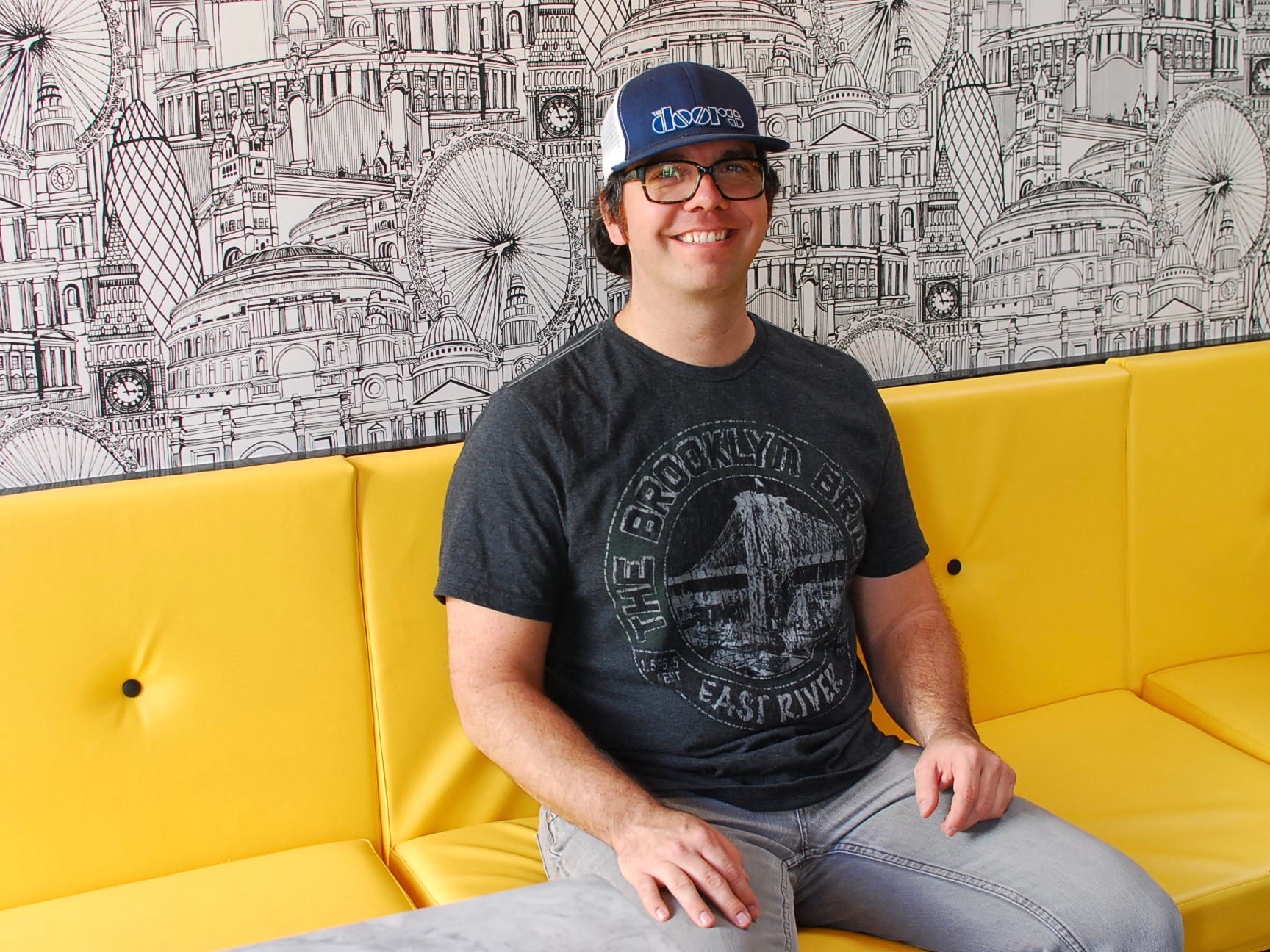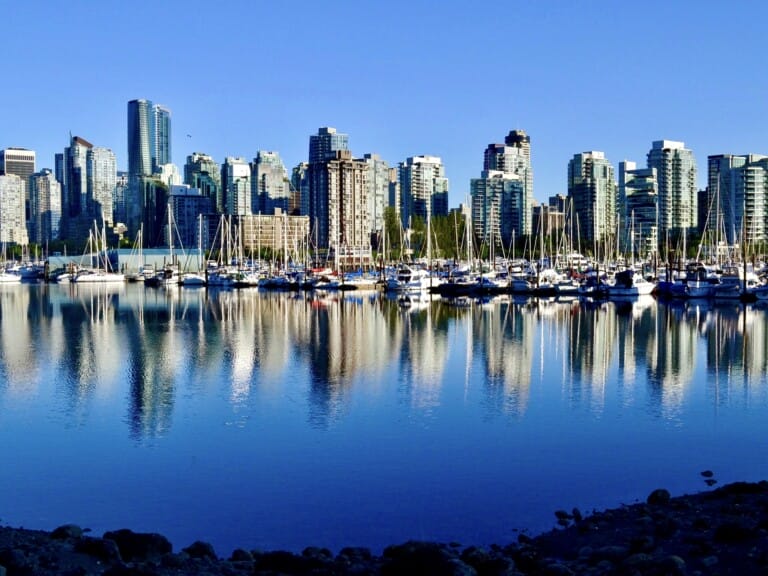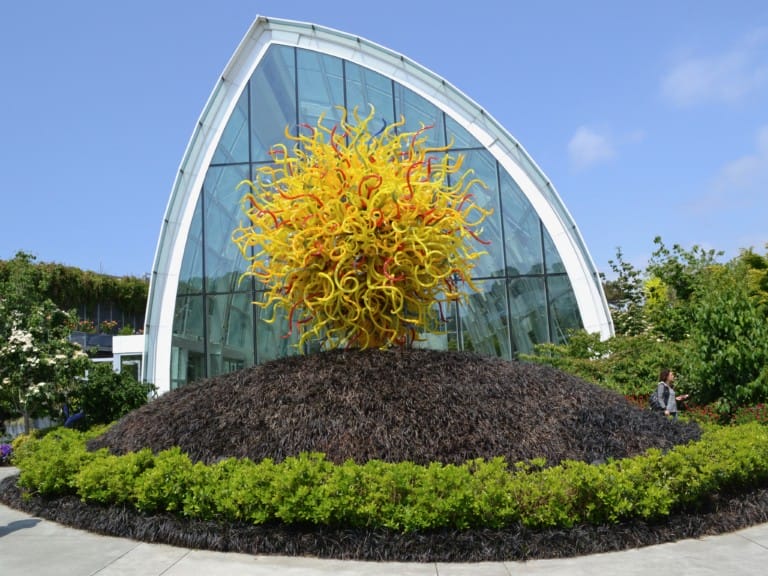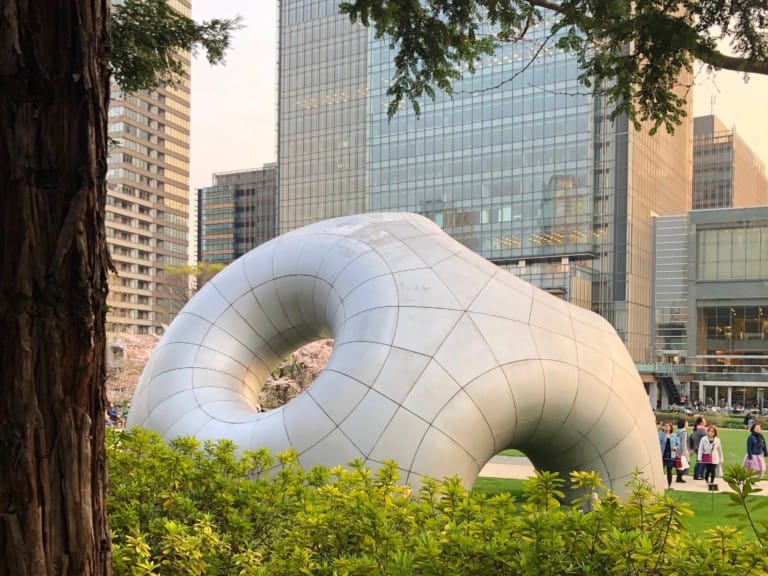In Orange County, Jeff Duggan has become synonymous with specialty coffee. The trained chemist and tech world veteran started roasting beans at home in 2000, experimented with commercial roasting at Irvine’s Layer Cake Bakery and launched Portola Coffee Lab in full at OC Mart Mix with wife Christa in 2011. Portola quickly became one of the most progressive coffee bars in Southern California, and it wasn’t long before they expanded next door with THEOREM, a six-seat bar with more personalized service. Last week, I interviewed Duggan about Seventh Tea Bar and got his takes on tea. This week, Duggan discusses his coffee connection.
Josh Lurie: What motivated you to start roasting that very first time?
Jeff Duggan: I was sold on the whole idea of freshness. That is what did it for me. When I first learned there was such a thing as stale and fresh coffee, and that it was near impossible to get a truly fresh bag of coffee from anywhere other than a local roaster, and I didn’t have any local roasters that were accessible at the time, that I could go to everyday. Then, I was a chemist. I was studying chemistry every day, and I was really intrigued by the process and knowing. I like getting under the hood of things. I love hobbies. I’ve had a lot of hobbies that have come and gone. It seemed like it was a fun thing to do…and if I did that, I’d reap the benefits of that coffee.
JL: How did your very first batch turn out?
JD: Terrible, of course. I ruined many batches in the beginning, but that’s kind of par for the course. Unfortunately, there weren’t a lot of resources out there. There were certainly no classes. Even books were just pretty non-existent, so a lot of it was trial and error, and eventually the internet came about and using forums to communicate with others. So a lot of it was just finding my own way.
JL: At what point did you think you might do this for a living?
JD: Hard to say. It got to the point where I thought I could do this when I retire. That would be really awesome, so I’m going to keep at it, if I’m not tired of it by the time I get to that point in my life, then maybe I’ll think about a leisurely retirement life of roasting coffee. That was my intention, but then some things happened with my family. My son, Gabriel, had some pretty significant medical issues when he was born. That caused Christa to be a stay at home mother, and a traditional 40 hour work week was no longer an option. It impacted our personal lives pretty significantly. What that did for us was to start searching and thinking about what we could do – because she was making a decent salary – what could we could do that she could contribute to. She has a business background and was comfortable with the business end of things. I thought, “This is the one thing I know how to do right now, that’s something we could create.” I started researching the coffee industry locally and then started traveling around to different local and West Coast coffeehouses to see what they were doing and what I could bring to the table that could be a niche. It started off kind of as a joke and once we started researching, we realized, “This actually could be a good thing.” Timing wise, two or three years ago would have been better timing, but it’s not bad timing. It’s pretty darn good, and then this place popped up. She saw a blog. Greer Wylder had done a blog post on this place when it was still an empty building and they said they were going to have a coffee bar inside. Christa just randomly e-mailed the landlord and said, “Hey, did you pick a coffee company?” They hadn’t, so we ended up meeting with them over at the bakery where we used to roast.
In order to test the business model without having to put ourselves at risk by spending a lot of capital up front, we got a roaster off of eBay and started going around to local businesses that would be a good complement to what we are trying to do. Layer Cake Bakery in Irvine has a retail space, although very small, they have this little nook surrounded by windows that was very small. I felt like – for me, trying to get in, I don’t want to take on a lot of square footage – it’d be very visible and I could kind of have a retail presence without having my own shop. So I pitched the idea to them, and they liked it and allowed me to come in and set up shop. We were there for about a year and a half, and what was good about that was I actually got to roast my coffee for other people that weren’t fearful of hurting my feelings. I figured if people truly liked it, they would continue to buy it, and if they truly didn’t, then I wouldn’t sell coffee. What we were finding is that people did like the coffee and continued to buy it. I was getting a lot of compliments. It was getting to the point where I was getting wholesale accounts while I was roasting out of that space. That just let me know, “Okay, I think people like my coffee, if I do move forward and take that next step.” That’s kind of when this place came about.
JL: Is wholesale still part of your model?
JD: It is. I’ve retained all my wholesale customers and even added some. It’s not where it needs to be, and that’s for no other reason than us just being so busy over there and trying to stay lean on our resources in the beginning so we’re not having to deal with too much working capital before we got positive on our numbers and the dust settled. Now we can put more people into specialized positions, because we can afford to do that. We’re pushing wholesale now. I feel like our wholesale is maybe 25% of where it needs to be. We’ve established a positive enough reputation locally for us to be able to start now being more proactive with that and get more accounts, whereas before I left it up to people to come to me if they liked my coffee and wanted to sell it…I feel like now, people know who we are, so if they walk into an establishment, it’s not like, “Who are you?” Of course that will still happen, to some extent, but not nearly as much as when I was selling just in the bakery.
JL: How much more can you take on in terms of retail?
JD: We’re searching for a second location right now, and I’d like to get a second location up by the end of the year. Now I feel like if we get a second location, we can take this model, apply it. I’m confident right now that if we get a second place, we can execute it consistently. It’s not about creating good coffee. It’s about creating good coffee every time. It’s easy to get good coffee here and there, but in the coffee industry, some of the complaints I constantly hear are, “I came in this day and it was really good, and I came back the next week and it wasn’t.” Or, “I really like this barista.” To me, as a business owner, that’s one of the worst things to hear. I want people to come in, no matter who’s on the espresso bar, and know they’re going to get a good drink. There are so many variables on bar that could lead to inconsistency, so it also frightens me at times. I’m wondering and stressing about our consistency. I know we absolutely hit the nail on the head, and I want to know that we do that every day, not just every once in awhile. Just doing more spot checks, hearing more feedback from our customers, I feel like, now we’re at that point where expansion makes sense. Even though it’s only been less than two years, a lot of dedicated resources in terms of personnel, in terms of training, on the staff side, they excel and are people I turn to and respect. Those are things that have positively affected the business.
JL: In terms of the coffee itself, where are you in your evolution as a roaster?
JD: Well, I will always say I’ll never stop learning. You’ll never hear the words come out of my mouth that I’m there, that I’ve felt like I’ve reached the point where I need to be. Because to me, that doesn’t make sense. I know that I can always be better. Even if I’m putting out a great product and people are loving it, I’m never satisfied. Things change. 10 years ago, I’m sure there was nothing else that could be learned about coffee and roasting and brewing. Who are we to say that in a year or two from now, there’s not going to be something greater to come about, either in process or equipment? For where I’m at now, I’m really satisfied, and part of that is just continuing to push myself and not be complacent. Obviously I have customers coming in my door. We’re doing good business. It would be easy for me to sit back and relish in the success we’ve achieved so far, but it’s not good enough. I know there are other businesses out there that are constantly striving to do their best, so if I do that, I guess I’m not staying true to my word in that quality will always come first. Even though that’s cost me a lot of money this past year, in terms of changes that I’ve made and things that I’ve done to better myself and the shop, quality will always be a priority. Not cost…If there’s a better way to do things, I’m always going to do that. I’m always going to spend twice as much on milk than when we first started, because that makes sense. If I come across two lots of beans but like one lot better, but it’s $1.50 more a pound, I’m always going to buy that coffee…In terms of ingredients, if you’re not sourcing the best ingredients, you’ll never have the best coffee. Period.
Equipment? We’ve replaced several pieces of equipment in our shop. I’ve made modifications to my roaster that I didn’t have to, but it made sense to me, and I felt like it would affect quality in a positive way, so I spent the money to do that. We invested a ton of money back into Portola this past year and a half, just to make sure we were staying true to our view that we’re striving to make the best cup of coffee that we can.
JL: You mentioned a trip to train with Tim Wendelboe. How did that affect your methodology and approach?









Leave a Comment